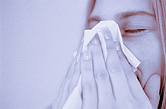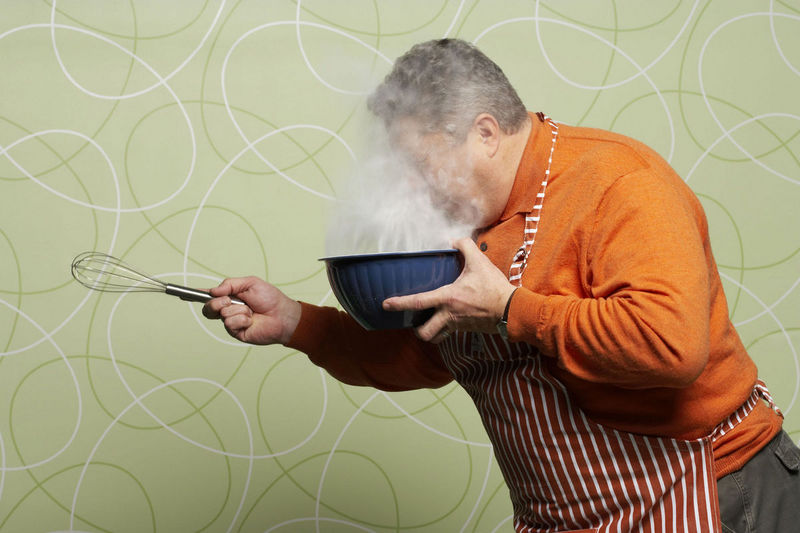
WEDNESDAY, Dec. 4, 2013 (HealthDay News) — Women with pollen allergies may be at increased risk for blood cancers such as leukemia and lymphoma, a new study suggests.
Researchers did not uncover the same link in men. This suggests there is something unique in women that causes chronic allergy-related stimulation of the immune system to increase vulnerability to the development of blood cancers, the study authors said.
The study included 66,000 people, aged 50 to 76, who were followed for an average of eight years. During the follow-up period, 681 people developed a blood cancer. These people were more likely to be male, to have two or more first-degree relatives with a history of leukemia or lymphoma, to be less active and to rate their health status as poor.
Among women, however, a history of allergies to plants, grass and trees was significantly associated with a higher risk of blood cancers. The reason for this is unknown but may have something to do with the effects of hormones, according to the authors of the study in the December issue of the American Journal of Hematology.
“To the best of our knowledge, ours is the first study to suggest important gender differences in the association between allergies and [blood cancers],” wrote study first author Dr. Mazyar Shadman, a senior fellow in the clinical research division at Fred Hutchinson Cancer Research Center in Seattle.
Shadman noted that there is great scientific interest in the immune system’s potential role in cancer development.
“If your immune system is over-reactive, then you have problems; if it’s under-reactive, you’re going to have problems. Increasing evidence indicates that dysregulation of the immune system, such as you find in allergic and autoimmune disorders, can affect survival of cells in developing tumors,” Shadman said in a news release from the center.
While the study found an association between pollen allergies and blood cancers among women, it did not prove cause-and-effect.
More information
The U.S. National Cancer Institute has more about leukemia.
Copyright © 2026 HealthDay. All rights reserved.

